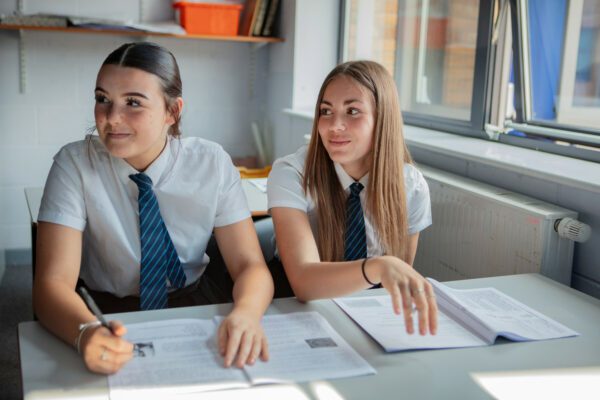Developing Reading Fluency
What is ‘reading fluency’?
Sometimes, children say they hate reading, that the words don’t make sense, they cannot remember what they have just read or they do not understand what it means.
Parents may notice that their children read with no expression in their voice, take a long time to read a paragraph or they may stumble over words and lose their place.
These signs show that help is needed with “reading fluency”.
Reading fluently means reading accurately at a steady speed with expression in the right places. By reading fluently, the sentences make more sense and this increases comprehension or ‘understanding’.
Everything makes more sense, the child will understand more and, therefore, they will become more confident. Confidence allows them to explore and challenge themselves more.
Why is reading fluently so important for your child?
- It expands their vocabulary.
Your child might come across words they have never heard – prompting them to find out what they mean. As a result, they add it to their vocabulary.
- It helps build independence and self-confidence.
As they learn that they no longer have to rely on their parents to read things to them, children develop a sense of independence and begin to understand the world on their own.
- It helps them make sense of the world around them.
Reading helps children understand signs, sign, forms, stickers and labels etc. Being able to read helps them understand what is what and the purpose it serves.
- It leads to their future success.
A child must be able to read in order to even progress through school. Reading is essential to following the instructions on a test and being able to even understand or answer questions.
- It enhances their imagination.
As a child reads, they can begin to imagine what the characters and setting looks like. Firing-up their imagination will help them understand more subjects and also help with writing skills, grammar and comprehension.
- It entertains them.
Reading can be a completely free hobby and once a child gets used to reading regularly, they become even more confident and happy to tackle more complicated stories as they mature.
Reading is essential to just about everything in life – from cooking to driving to just getting through school. It is important to start at a young age and teach your child the value of reading so they will grow to practice it often and value their ability to do so.

Ways to improve reading fluency with your child
Sitting with your child and reading is a huge benefit, whatever the age of the child. Read together every day, even if it only for a short time, so that your child can hear how you read and start to copy that fluency. Take it in turns for a few pages and their confidence will grow much quicker than if they are tackling it on their own.
Rereading favourite books is a fun way to get started. Reading a favourite or familiar book helps build confidence again. It is no different to doing a warm-up before PE!
Practising fluency levels (* WPM = words per minute)
Example
Using the excerpt below – A Trip to the Zoo – you will be able to calculate your child’s fluency score. Use a stopwatch to let your child read the text for exactly 60 seconds, then count how many words have been read. Practice this every day until at least 120 words can be read, with understanding, per minute. 150 words+ should be the target.
| Trip to the Zoo | Words |
| During the weekend, my Dad offered to take me to the zoo | 12 |
| so that I could observe some of my favourite animals. I really do admire and | 27 |
| adore elephants so I immediately said, “yes!” and ran off to locate my camera. | 41 |
| Camera safely packed, I then returned to my room for some pocket money. | 54 |
| If I saw a suitable book about elephants, then I would purchase it to read later. | 70 |
| My sister decided to stay at home, maybe I would buy her an appropriate book too. | 86 |
| I would probably have just enough money left to grab an ice-cream or | 99 |
| a bar of chocolate. I was so excited that I nearly tripped over. | 112 |
| “Come on!” shouted Dad. “Let’s get a move on!” he grumbled as I tried | 126 |
| to get my shoes on. “It will be closing time if we don’t get going soon!” | 142 |
| Eventually, we jumped into the car and made the journey to the zoo. When we | 157 |
| arrived, we noticed a big sign ahead of us… “Zoo closed due to escaped | 171 |
| elephant.” Dad turned around and sighed. | 177 |
How to help
Show an interest in the books your child has chosen, what they have read in school, what happens in library lessons and the books that they access. If you have more than one child, encourage them to read together; if you’re a reader, let them see you read and enjoy books too!
For more information, have a look at the following websites:
Reading tips and advice for families and schools | BookTrust
School reading list – recommended books for children and teens